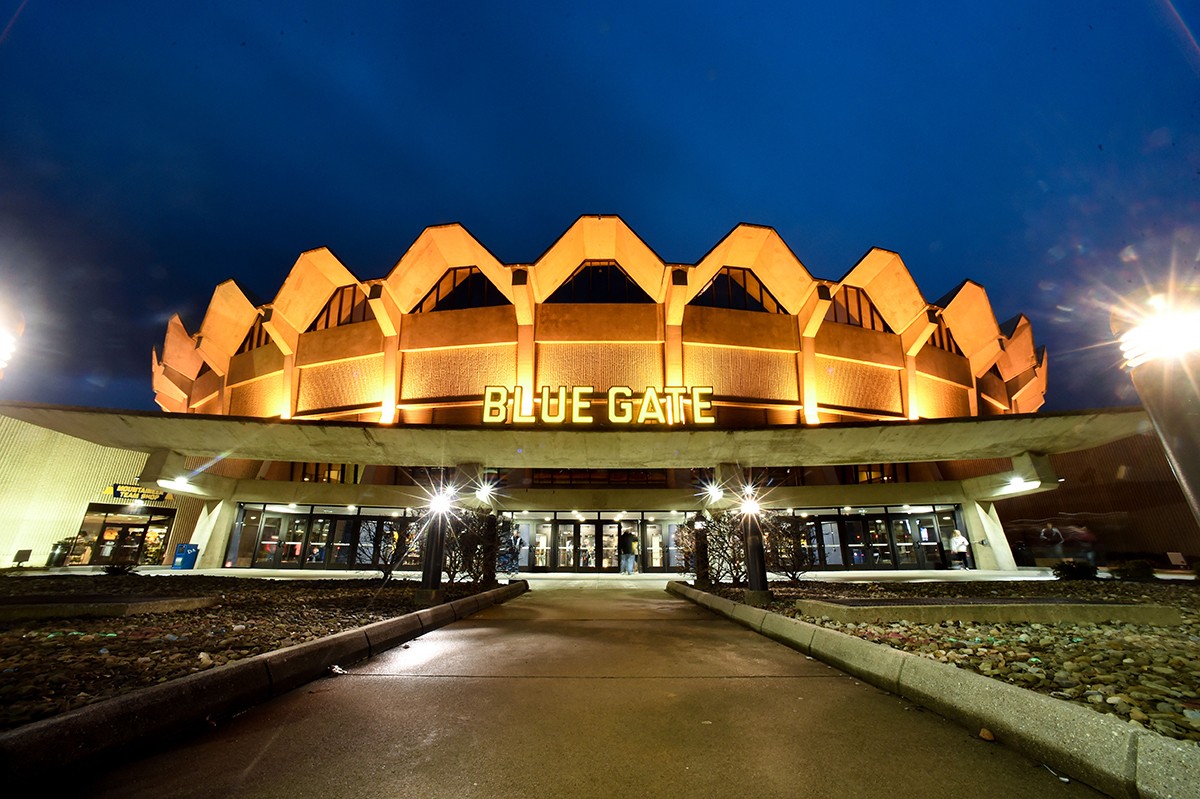MORGANTOWN — Michael Scott, the manager of the Scranton, Pa., branch of Dunder Mifflin in “The Office,” stood up in the middle of the room and at the top of his lungs screamed, “I declare bankruptcy!”
It was seconds later that Scott was informed it took a little more than that to actually declare bankruptcy.
At the going rate, it would seem all players need is a Twitter account to declare for the NBA draft and then to add seconds later that they will not be hiring an agent, which affords them the opportunity to return to school without penalty late next month.
In truth, it takes a little more than a Twitter account, as any member of a university’s compliance department will tell you.
And it is generally around this time of year that the biggest farce associated with the NCAA comes to light in this space, which we will get to in a moment.
Before it’s all said and done, nearly 100 hoops players will “declare” for a draft that has just 60 openings.
A majority of those athletes already know they are not going to be drafted well before they “declare,” and most of them are simply looking to hear from someone in the NBA on what their potential is down the road in the game of basketball.
In order to receive that info, players are afforded the opportunity to go to individual team workouts or, if invited, to partake in the annual NBA Combine, before having to make a final choice, on May 30, between staying in school or the draft.
This is where the farce comes in for the NCAA, which sets the date that allows the window of opportunity for college players.
This is also where players such as WVU’s Esa Ahmad and Sagaba Konate, who both “declared” for the draft without hiring an agent, should count their blessings they play college hoops and not college football.
The NCAA changed its policy toward underclassmen applying for the NBA draft a number of times in recent years.
At one time, the cutoff date was in June, then it was in May and then April, and now it’s back to late May, 10 days after the conclusion of the combine.
The dates for college football players applying for the NFL draft have remained unchanged and are inhumane compared to college hoops.
Football players had until Jan. 15 — a week after Alabama beat Georgia for the national title — to truly declare: Either they were in or out. The NFL Combine began Feb. 27. The draft is April 27.
Tell me why a football underclassman can’t test the waters and work out at the combine and then make a choice, say, on March 6, about his football future?
But we allow college hoops underclassmen three weeks after the season to “declare,” then give them an additional month to work out for teams and keep their fingers crossed they get an invitation to the combine before they have to make a final choice.
What did hoops players do to deserve the royalty treatment? What did college football players do to be treated like jokers?




